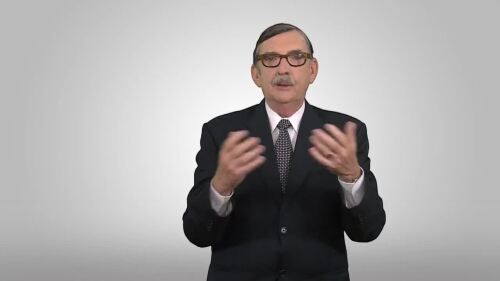Editor’s Note: The standard for excellence in public safety is changing. Lexipol is your partner in understanding how your agency measures up and setting a course to achieve performance excellence. Schedule a consultation with our team today to learn about our holistic approach built on Gordon Graham’s 5 Pillars of Organizational Success.
Gordon Graham here with Today’s Tip from Lexipol. Today’s Tip is for all my friends in public safety, and it’s about vacations.
I know what you’re probably thinking. “Gordon, we’re first responders, we don’t have time for vacations.” But let me tell you something — taking time off isn’t just about lounging on the beach with a cocktail in hand. It’s about recharging your batteries so you’re able to perform your duties effectively when it matters most.
Think about it from a risk management perspective. In your line of work, you’re constantly assessing and mitigating risks, right? Well, failing to take a vacation is a risk in itself. Burnout is real, folks, and it can have serious consequences for both your physical and mental health. It can also have a big impact on teamwork and morale.
Let’s face it: When you’re exhausted and stressed out, it’s harder to communicate effectively with your teammates. It’s tougher to make split-second decisions in high-pressure situations and to maintain the professionalism that’s expected of us as first responders.
Now, I’m not saying you should all pack your bags and disappear for a month. But taking regular, scheduled vacations is an essential part of maintaining your well-being. And when you do take time off, avoid checking emails and worrying about what’s going on at work. You can catch up on that when you get back.
And here’s the kicker: Taking vacations isn’t just good for you, it’s also good for your department. When you come back refreshed and rejuvenated, you’re better equipped to serve your community and work side by side with the team members who depend on you.
So my advice to you is this: Don’t wait until you’re on the brink of burnout to take a vacation. Plan ahead and take the time you need to make sure your body and mind are well rested. The safety of your community depends on it.
And that’s Today’s Tip from Lexipol. Until next time, Gordon Graham signing off.





